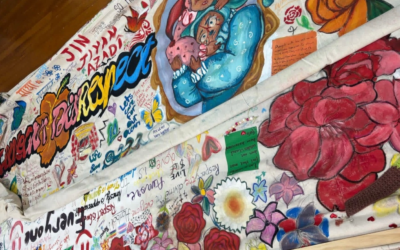Have you ever played “driving roulette” after a big night out? Crossed your fingers and hoped your blood alcohol content wouldn’t land you a fine, in jail or cause a bad accident?
A new wearable device from the US can leave you with no doubt about your blood alcohol content at every stage of your evening. But you’ll have to wait a little longer to be able to get your hands on it.
The device, Proof by Milo Sensors, is a bio-chemical sensor and converts alcohol molecules on your body into electric signals. Worn on the wrist, it could easily be mistaken for a Fitbit or watch.
Proof by Milo Sensors is a light-weight device that tracks blood alcohol levels and sends the information to your smart phone in the form of alerts.
The information not only includes a notification of how much your blood alcohol levels have increased it also gives you an estimation of how long it will take you to become sober.
This technology takes the pressure off individuals who may be willing to take a risk and drive after drinking. The very nature of the effects of alcohol in the body makes it extremely difficult to make an accurate judgment of sobriety. Alcohol can give you an inflated sense of confidence, which is part of its appeal. But are you really capable of driving home safely?
For the heavier drinkers it’s not just an impaired ability to count how many drinks you have had it’s an impaired ability to be able to count at all. No need to guess anymore you can know for sure!
Proof is the first alcohol tracking sensor you can wear on your body. It is stylish and attractive and may fill a void in the tech safety market in the future.
Milo Sensors received a US$223,000 research grant from the National Institute of Health in the US last year. The product came to the attention of the public after it won a “new venture competition” organised by the University of California Santa Barbara in 2015. While the product isn’t available for purchase yet, plans are underway to sell it via university campus stores and through online retailers.
By Abigail Nash



